Life
Sign up for our newsletter
We summarize the week's scientific breakthroughs every Thursday.
-
 Health & Medicine
Health & MedicineGlowing amino acid lights up growing brain cancer
By adding a tracer compound that sticks to the amino acid glutamine, researchers may be able to discern and monitor cancerous tissues in the brain.
By Nathan Seppa -
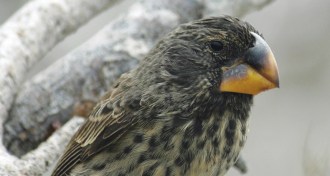 Life
LifeThe genetic evolution of Darwin’s finches
A genetic analysis divides Darwin’s finches into more species and uncovers a gene involved in determining beak shape.
-
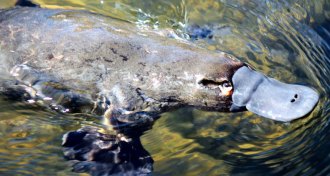 Animals
AnimalsCats and foxes are driving Australia’s mammals extinct
Since the arrival of Europeans in Australia, a startling number of mammal species have disappeared. A new study puts much of the blame on introduced cats and foxes.
-
 Astronomy
AstronomyFinding joy and inspiration in the pursuit of knowledge
Editor in Chief Eva Emerson ruminates on the power of knowledge, and the ways scientists are refining how we think about the aging human brain, far away comets and even the speed of light.
By Eva Emerson -
 Earth
EarthMineral hunting, mob math and more reader feedback
Readers ask about Earth's most abundant mineral and discuss the notoriously unpredictable behavior of pedestrians.
-
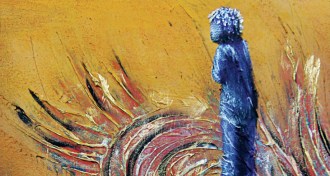 Psychology
PsychologyAdults with autism are left to navigate a jarring world
Researchers are beginning to study ways to help adults with autism navigate independently, get jobs and find friendship.
-
 Health & Medicine
Health & MedicineBouncing back from giving blood can take months
Taking iron supplements after donating blood can dramatically reduce the time it takes to recover iron levels in the blood, a study finds.
By Nathan Seppa -
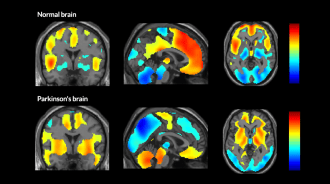 Neuroscience
NeuroscienceA brain at rest offers clues to Parkinson’s, Alzheimer’s
PET scans reveal that the breakdown of brain networks differs in Parkinson’s and Alzheimer’s diseases.
-
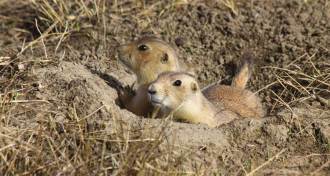 Ecosystems
EcosystemsNoise made by humans can be bad news for animals
Animals live in a world of sounds. Clever experiments are finally teasing out how human-made noise can cause dangerous distractions.
By Susan Milius -
 Animals
Animals‘The Cultural Lives of Whales and Dolphins’ offers window into cetacean societies
Dolphins and whales pass cultural knowledge to one another, the authors of a new book argue.
-
 Animals
AnimalsToads prefer to bound, not hop
The multiple hops made by toads are really a bounding motion similar to movements made by small mammals.
-
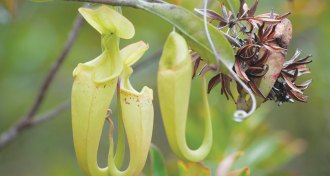 Plants
PlantsFairly bad pitcher traps triumph in the end
Carnivorous pitcher plant traps rarely catch much, but their lackadaisical hunting turns out not to be so lame after all.
By Susan Milius